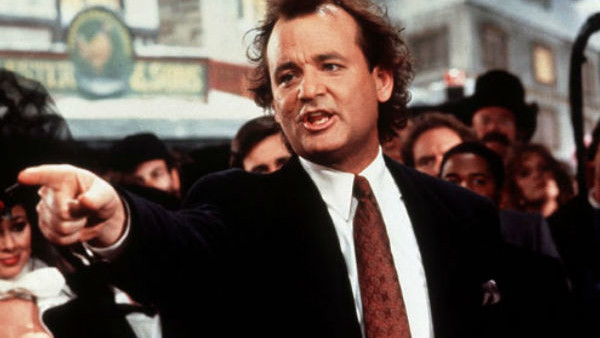10 Bonkers Theories Roger Ebert Had About Famous Movies
7. Bill Murray Was Having A Breakdown At The End Of Scrooged

What Ebert Said
In short, he hated it, and curiously, he seems to think that Bill Murray's gruff behaviour was not a performance, but rather genuine nastiness:
"Murray’s ill humor affects the chemistry of scene after scene, introducing a kind of undertow. When he shouts at people, he doesn’t add a little spin of self-mocking exaggeration, so that we know to laugh. He seems to be really shouting. And the other actors look as if they really feel shouted at."
And when it comes to assessing the last sequence and Frank Cross' emotive redemption, Ebert genuinely seemed to think Murray was having a breakdown:
"This sequence is the strangest in the film. The words are there, but the heart is lacking. Murray stands center stage and rants and raves about the spirit of Christmas, but it’s not an inspiring speech and certainly not a funny one. It sounds more desperate than anything else, and it continues at embarrassing length. It looks like an on-screen breakdown."
The Reality
When you look at it, he might just be right. Or it might just be that Murray fundamentally understood how to perform a sociopathic character who is designed to be unlikable to the point that you're supposed to root for him to tumble down to Hell, only to be saved at the last moment.
Murray's Cross is a walking personality disorder, and of course he would overshadow his scenes: he's arrogant and egocentric and he barely functions on a normal human spectrum. And the fact that his final moment of self-realisation is flawed and weird suits him way better than anything twee. That would have been a betrayal.